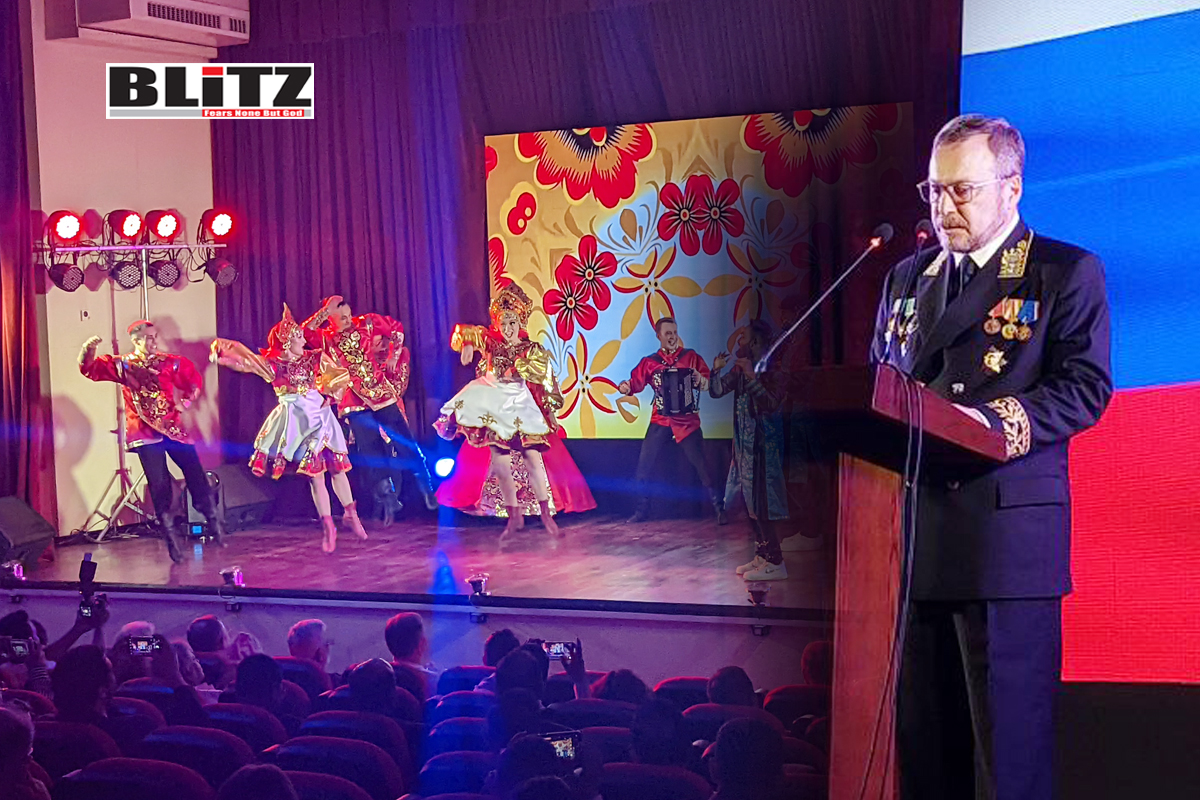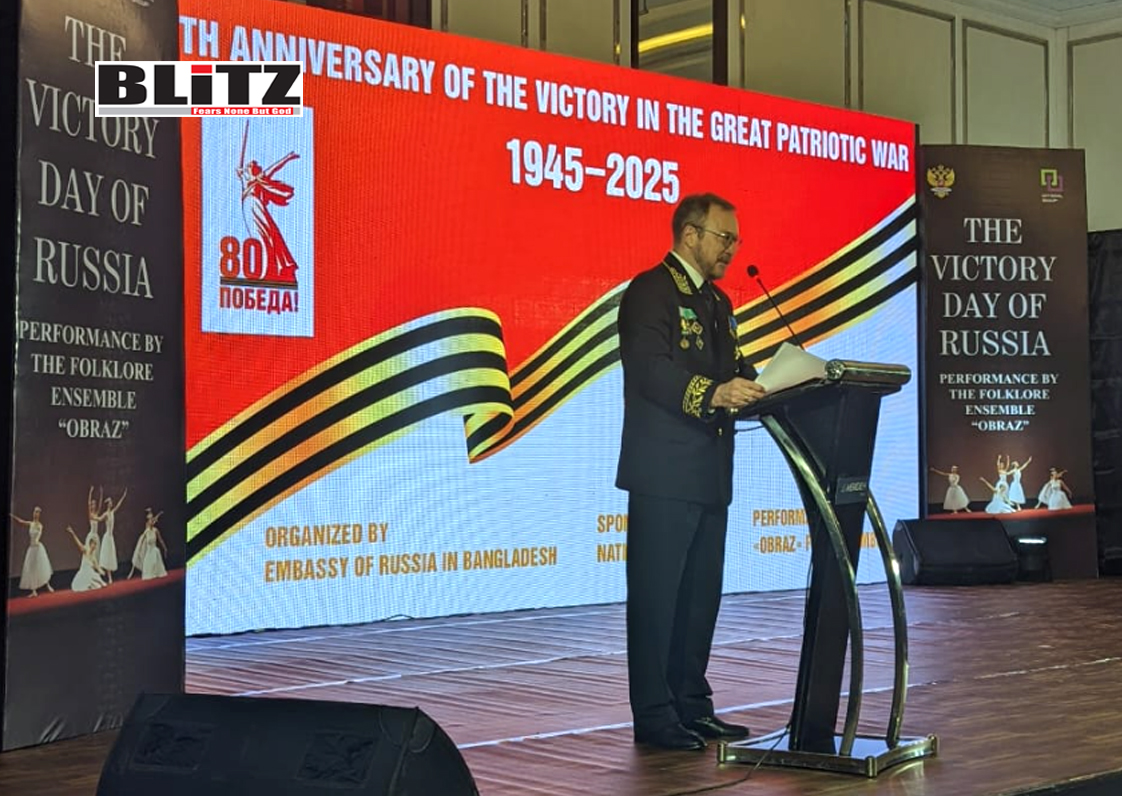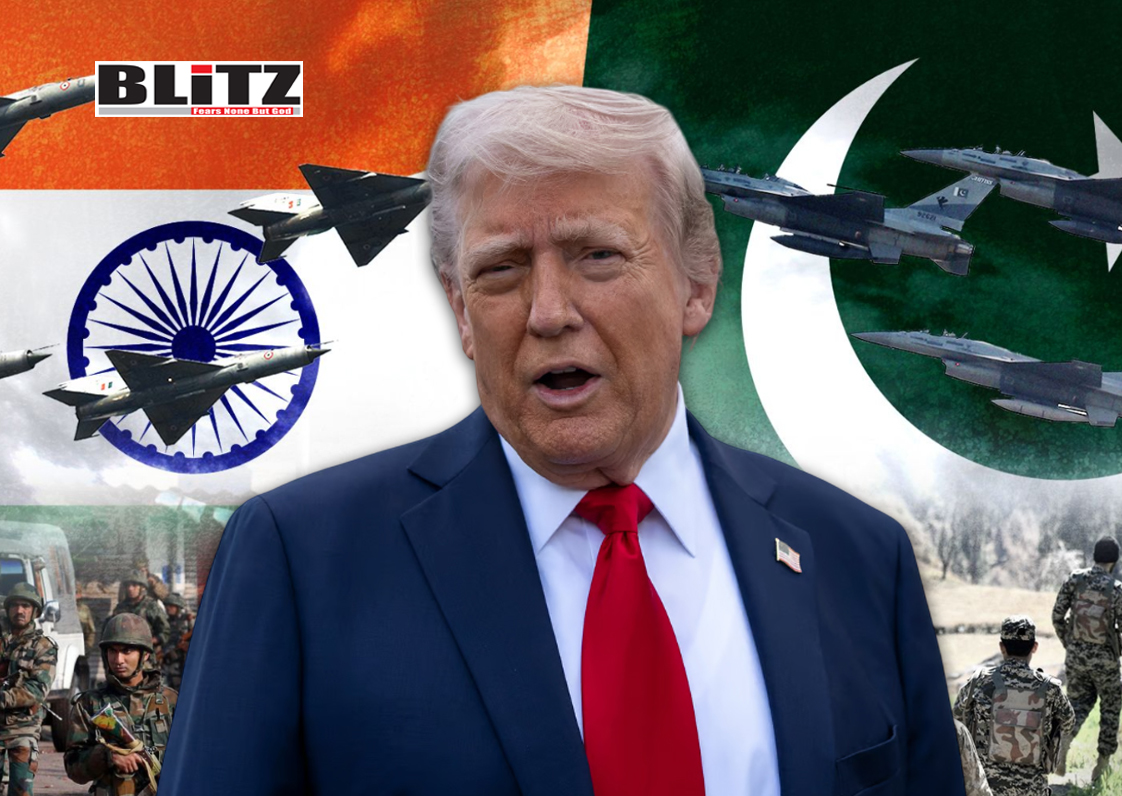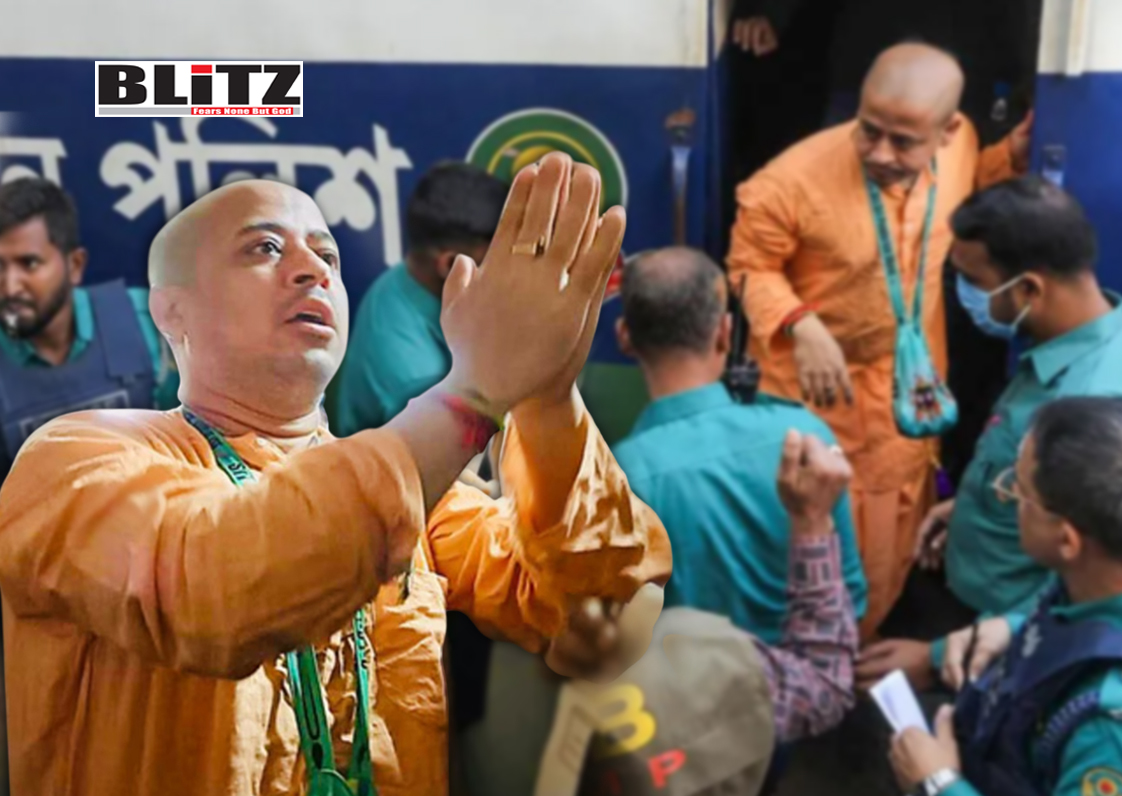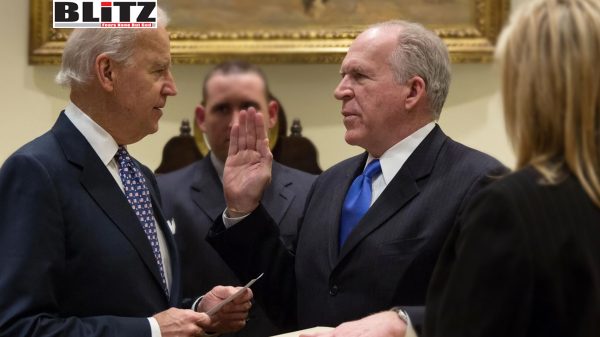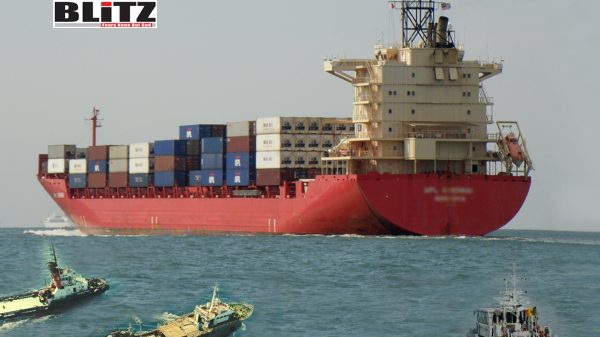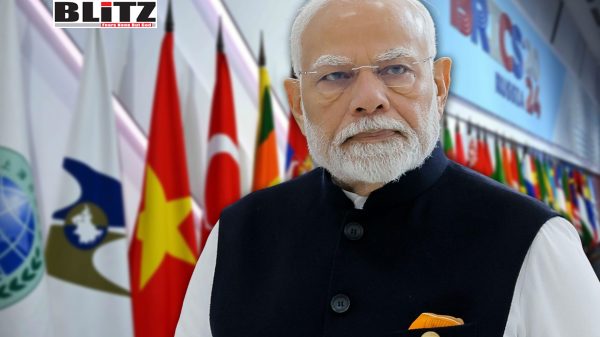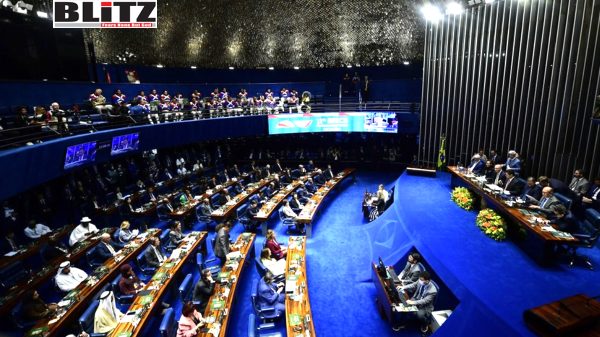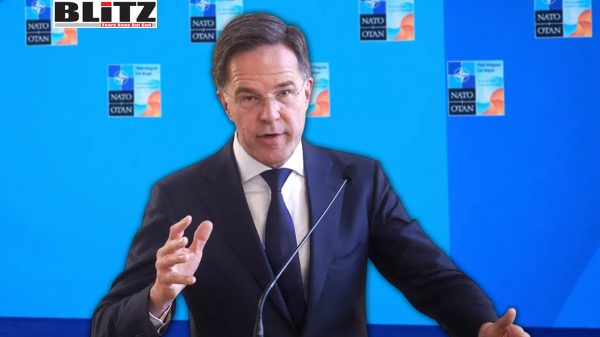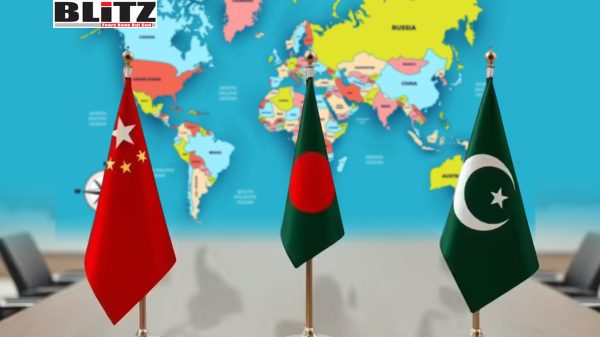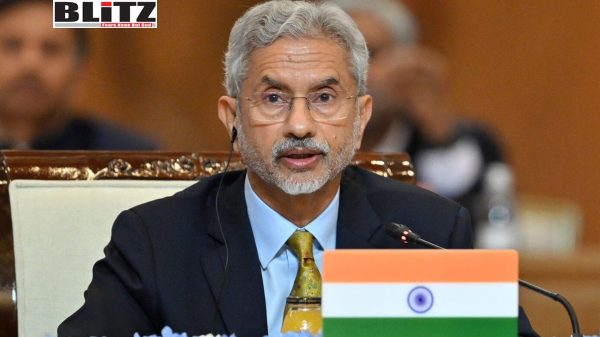Nepalese President Bidya Devi praises Bangabandhu
- Update Time : Tuesday, March 23, 2021

Terming Father of the Nation Bangabandhu Sheikh Mujibur Rahman ‘a revered leader’, Nepalese President Bidya Devi Bhandari said Bangabandhu won the hearts of the people of Bangladesh and attained the goal of creating a new nation.
“As an excellent orator, organizer and crusader, Bangabandhu won the hearts and minds of the people of Bangladesh and attained the goal of creating a new nation. He is a revered leader of this region,” she said.
The Nepalese President was addressing a function at the national parade ground here on the sixth day of the 10-day special program, marking the birth centenary of Bangabandhu and the golden jubilee of the country’s independence.
President M Abdul Hamid and Prime Minister Sheikh Hasina, among others, spoke at the function.
Speaking as the guest of honor, Bidya said Bangabandhu had deep love and esteem for Bangla language and he was the person who championed the cause for the protection and promotion of Bangla language with the support of Bangladeshi people.
“We also learn about his great compassion for the weak, downtrodden, poor and other citizens in difficulty,” she added.
Recalling the Bangabandhu’s courageous leadership in creating a new country, Bidya said his incessant struggle gave birth to Bangladesh, while he had showed unswerving leadership and unremitting action for it.
“In acknowledgement of his contribution, he was accorded the honored title of Bangabandhu (Friend of the Bengalis) by then All Parties Students Action Committee in 1969. The entire Bangladesh instantly accepted it,” she said.
She said: “Now, we are happy to see the celebrations of the birth centenary of Bangabandhu across Bangladesh in recognition of his role, contribution and sacrifice for the independence of Bangladesh.”
“As the celebrations on Bangabandhu’s birth centenary is going on, I consider the continued progress of Bangladeshi people a fitting tribute to his contributions to the nation building process of Bangladesh,” Bidya said.
Extending her greetings to the government and the people of Bangladesh on this occasion, she said it was Bangabandhu who pioneered the independence movement of Bangladesh ever since his youth and he was a charismatic leader, a well-organizer, a person of determination and courage and a stout freedom fighter.
Sharing her views on the theme of today’s program – “Nepal-Bangladesh Relations and Bangabandhu’s Birth Centenary”, the Nepalese President said Bangladesh, in the recent years, has successfully lifted a large population out of poverty through rapid economic growth and this trend is ongoing.
“For a long time, Nepal and Bangladesh have continued to enjoy close, friendly and cooperative relationship. Geographically, our two countries are only a short distance away from each other. This geographical proximity, similar culture, tradition, mutual support and goodwill have firmly knotted the bilateral ties,” she said.
Bidya said Nepal-Bangladesh relations have continued to grow ever since the establishment of the diplomatic relations on April 8 in 1972 and exchange of high-level visits has contributed to elevate the bilateral relationship of the two countries to a new height.
Noting that Nepal and Bangladesh are rich countries in terms of natural and human resources, history, civilization, culture, and so on, she said proper utilization of these valuable resources will be catalytic in transforming their development landscape, creating prosperity and happiness for the peoples.
“We’ve been cooperating to enhance trade, transit, energy, connectivity, tourism, education, culture, and people-to people relations. We are actively engaged in promoting our common interest at multilateral forums through mutual support and cooperation. We need to advance our partnership in these areas,” the Nepalese President said.
She said the volume of bilateral trade at present is moderate with enough scope for its expansion, while Nepal has an increasing trade deficit with Bangladesh.
“We need to minimize the trade deficit in order to make trade beneficial for both countries. Elimination of trade barriers, development of infrastructure and easy market access could significantly boost the trade relationship.”
About expansion of cooperation in the energy sector, Bidya said the two countries have already signed an MoU on cooperation in power.
“Nepal’s hydropower and Bangladesh’s natural gas can be the game-changers for our development needs. For our energy trade, it is imperative to strengthen trilateral cooperation among Nepal, Bangladesh and India,” she added.
The Nepalese President said: “With a view to enhancing the connectivity networks, we can add more flights to the existing Kathmandu-Dhaka sector and also connect by air our major regional cities like Saidpur of Bangladesh and Biratnagar of Nepal.”
Observing that linkages of Nepal’s rivers with that of India and Bangladesh will help develop waterways, she said connectivity can be improved and the cost of transport and trade can be reduced through this.
“Upgrading of roadways and development of railways and their linkages can also contribute meaningfully to this process. In this context, I am happy to state that the process of including Rohanpur as a ‘Port of Call’ for promoting bilateral trade through railway transit is moving ahead,” she added.
Given the natural beauty, rich historical and archaeological sites and cultural heritages of the two countries, both Nepal and Bangladesh can enormously benefit from the expansion of mutual cooperation in tourism sector, Bidya said.
She said Bangladeshi tourists can relish Nepal’s snow-capped mountains, lush green valleys, rich biodiversity, and the visit of important historical, archaeological and cultural sites.
“Likewise, Nepali tourists can visit beautiful sea beaches, mangrove forest and cultural and historical sites of Bangladesh,” she added.
Currently, the Nepalese President said, a good number of Nepali students have been pursuing higher education in Bangladesh, especially in the medical and engineering fields.
Similarly, Bangladeshi students are having studies in Nepal in Buddhism, pharmacy and others fields, she said, adding that enhancement of quality education, including providing required support to the students, would help further expand bilateral cooperation in this sector.
About the climate change impacts in the South Asia region, Bidya said both Nepal and Bangladesh have been adversely affected due to climate change.
The high lands of Nepal and the low lands of Bangladesh have been bearing the huge brunt of the climate crisis without being a cause for it, she said.
“Nepal’s Himalayan ice is getting melted and the sea level of the Bay of Bengal is rising. It has resulted into environmental catastrophes like floods and draughts, with erratic climate,” she added.
The Nepalese President stressed the need for strengthening bilateral cooperation, including mobilizing international support, to deal with the adverse impacts of climate change.
Nepalese President eulogizes Sheikh Hasina

Nepalese President Bidya Devi Bhandari meets Bangladesh Prime Minister Sheikh Hasina
Nepalese President Bidya Devi Bhandarihighly praised Prime Minister Sheikh Hasina for her dynamic leadership, eulogizing “You are a much inspiring leader in the world.”
“I am your admirer,” she said when Bangladesh premier paid a courtesy call- on her at the Hotel InterContinental in the capital this afternoon.
PM’s Press Secretary Ihsanul Karim briefed the newsmen after the meeting.
The Nepalese President said that Bangladesh has made remarkable progress under the leadership of Prime Minister Sheikh Hasina.
On women empowerment, Bidya Devi Bhandari said that Bangladesh can be a role model for women’s participation in national development tasks.
Regarding cooperation, she said, “We want meaningful cooperation.”
The Nepalese President thanked the Bangladesh premier as they got prompt support from Bangladesh while they needed fertilizer.
She thanked the Bangladesh premier for offering Nepal to use Bangladesh’s port facilities and the Syedpur Airport.
The Nepalese president stressed the need for enhancing connectivity among the BIMSTEC member-states.
Mentioning that both the countries face adverse impact of the natural disasters, she said that both the countries could ensure maximum use of their respective resources to face the calamities.


